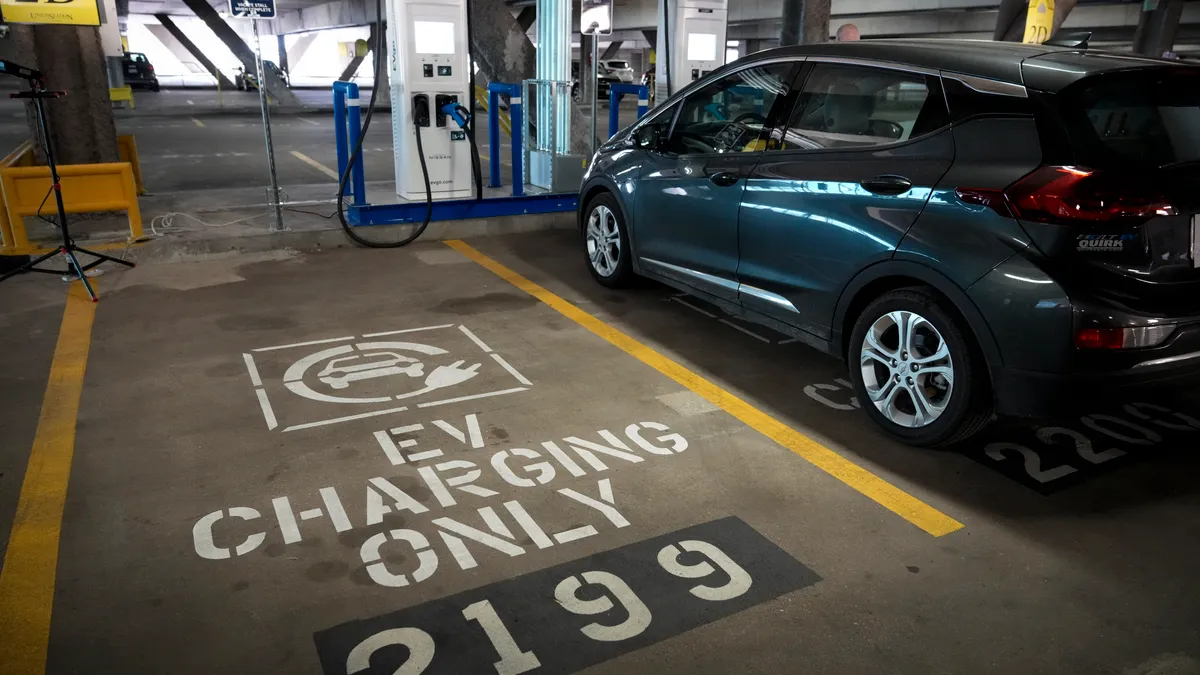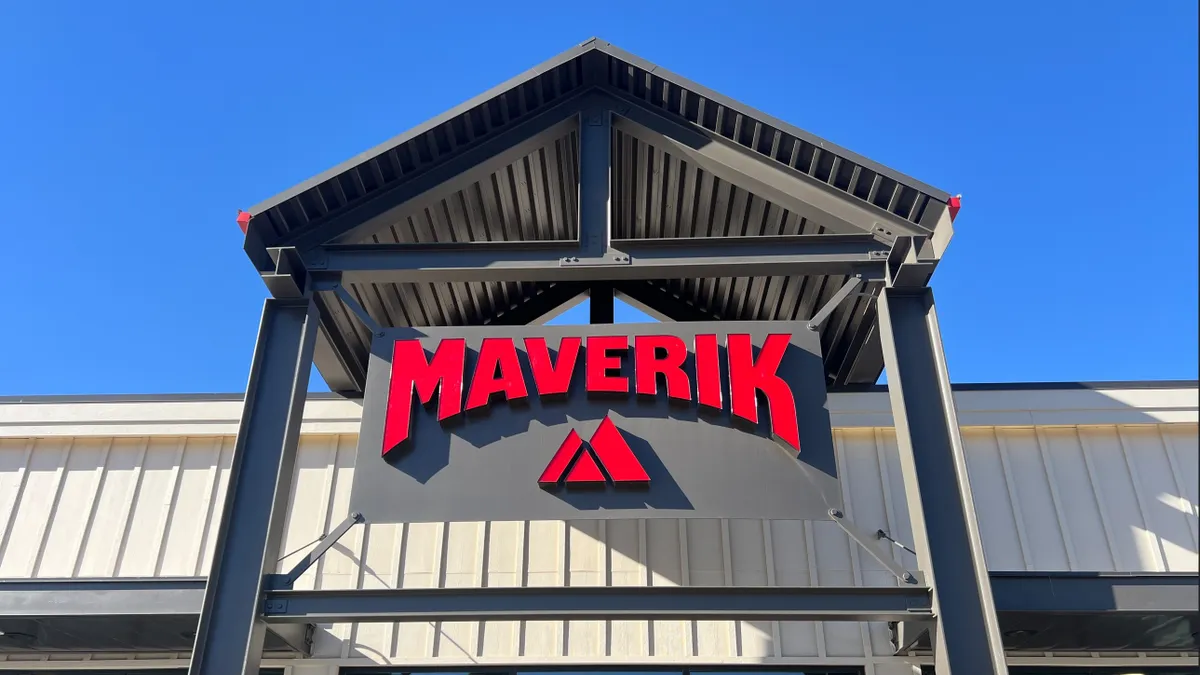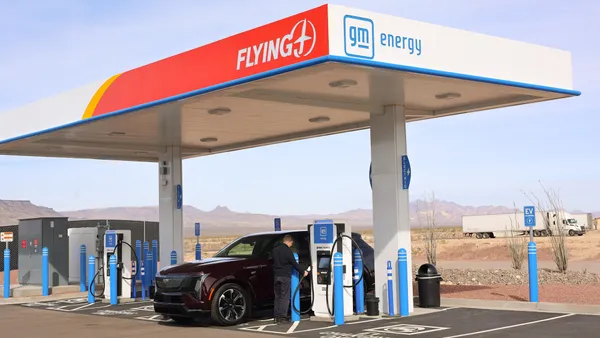Spurred by multi-billion-dollar federal funding programs for electric vehicle charging infrastructure and fast-growing EV sales, companies are looking to place charging stations at convenience stores, coffee shops, multifamily housing structures and elsewhere. But they’re hindered by nonexistent, inappropriate or outdated policies and permitting processes, said John Eichberger, executive director at the Fuels Institute, a non-advocacy research organization.
“You’ve got zoning requirements and permitting processes that are not designed for this type of equipment, and so they're trying to take outdated programs and apply it to this,” Eichberger said, adding that some localities are treating EV charging stations like a “petroleum storage tank system.”
A report issued this month by the Fuels Institute’s Electric Vehicle Council revealed that most states and localities surveyed had little to no policies for public EV charging. Of 100 localities surveyed in the organization’s prior 2021 report, 49 cities or counties had established ordinances or other regulations governing EV charging installations; 23 of them were in California.
Local policies often include requirements for parking and signage; design, installation and technical issues; EV-ready building codes; and permitting specific to nonresidential charging stations. EV-ready parking spaces include a junction box or 240-volt outlet. Some localities require new construction to include EV-capable parking spaces, which means the parking space has the basic wiring for future EV charging in place.
Atlanta requires 20% of parking spaces in new commercial and multifamily structures to be "EV ready." Seattle and Chicago require minimums for EV-ready parking spaces in nonresidential spaces of 10% and 20%, respectively, while San Jose, California, requires that 10% be installed and 40% be EV-capable.
Some cities have developed guidelines, checklists and websites for EV infrastructure applications. Houston enables applications to be submitted online. But in too many cases, Eichberger said, charging station providers have found it can take up to two years to get the necessary permits.
As of 2020, 10 states had adopted installation-related policies, and five had operations-related policies. California and Connecticut prohibit EV service providers from charging subscription fees or imposing membership requirements to use their public charging stations.
In the council’s latest report, industry and government leaders said they want to see better coordination among all levels of government. Andrew Dick, business development manager for incentives at Electrify America, said in the report, “Streamlining zoning and planning codes is something that can be helpful in expanding public EV charging.” Lincoln Wood, electrification policy manager at Southern Co., said in the report that open communication among site hosts, charging companies, state and local officials and utilities is key to expanding EV charging infrastructure.
Eichberger said, “If we have leadership from the state government filtering down to the localities, then it's going to improve the transition to this market. We need to do better about making this more efficient, more cost-effective and getting all the hurdles out of the way.”
Other recommendations from the report include the need for governments to begin planning now for the future expansion of EV charging stations, reviewing zoning requirements, establishing EV-friendly building codes and appointing an EV-infrastructure permitting point person to help applicants with the permitting process.













